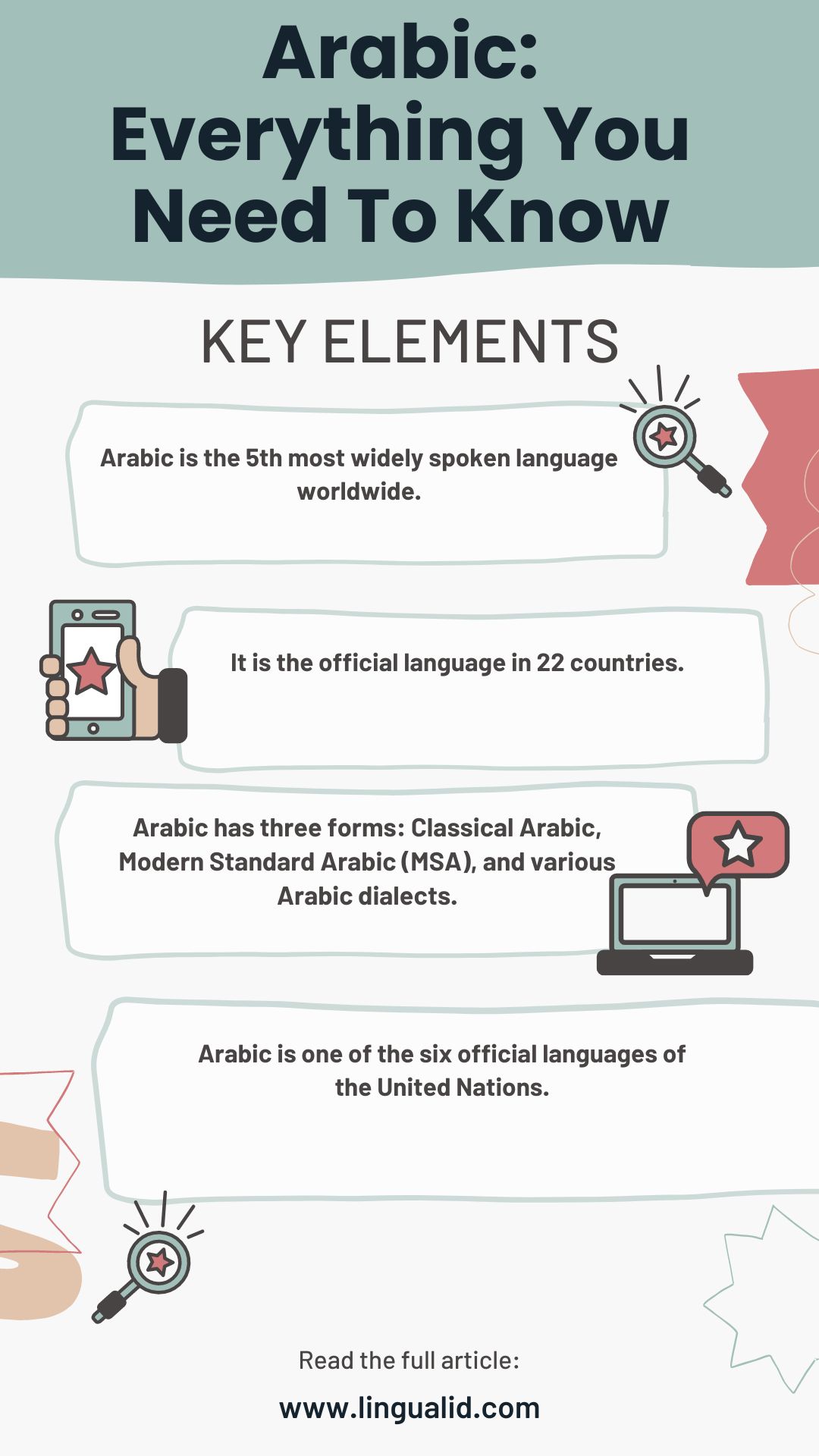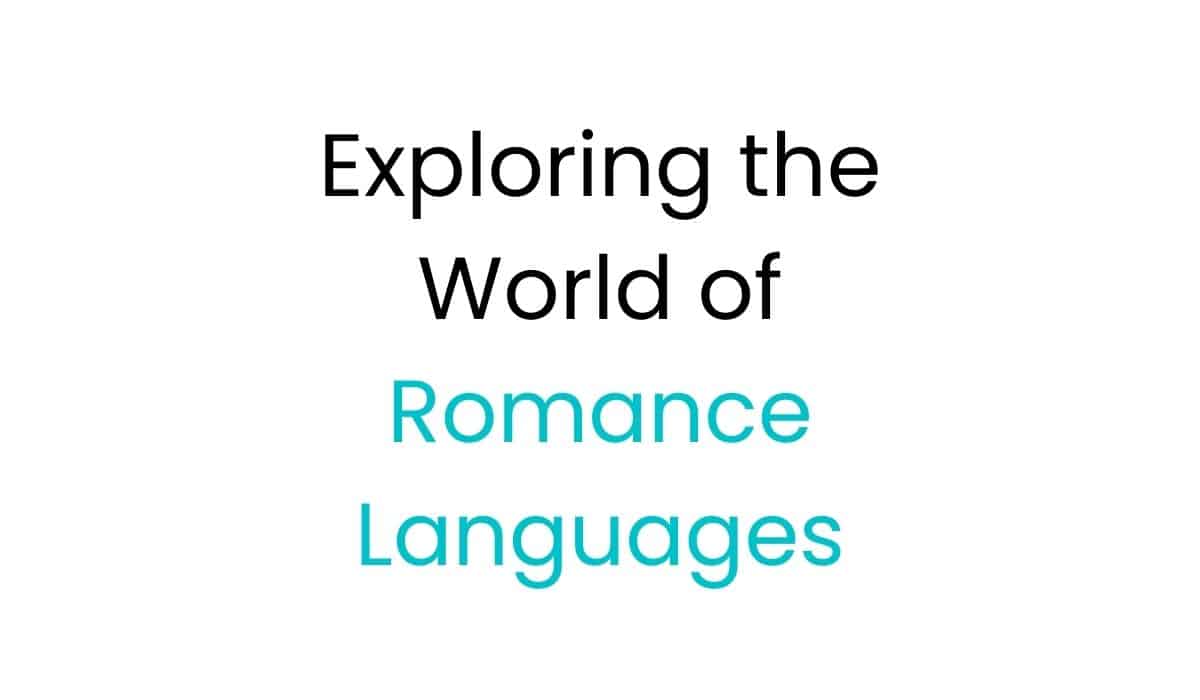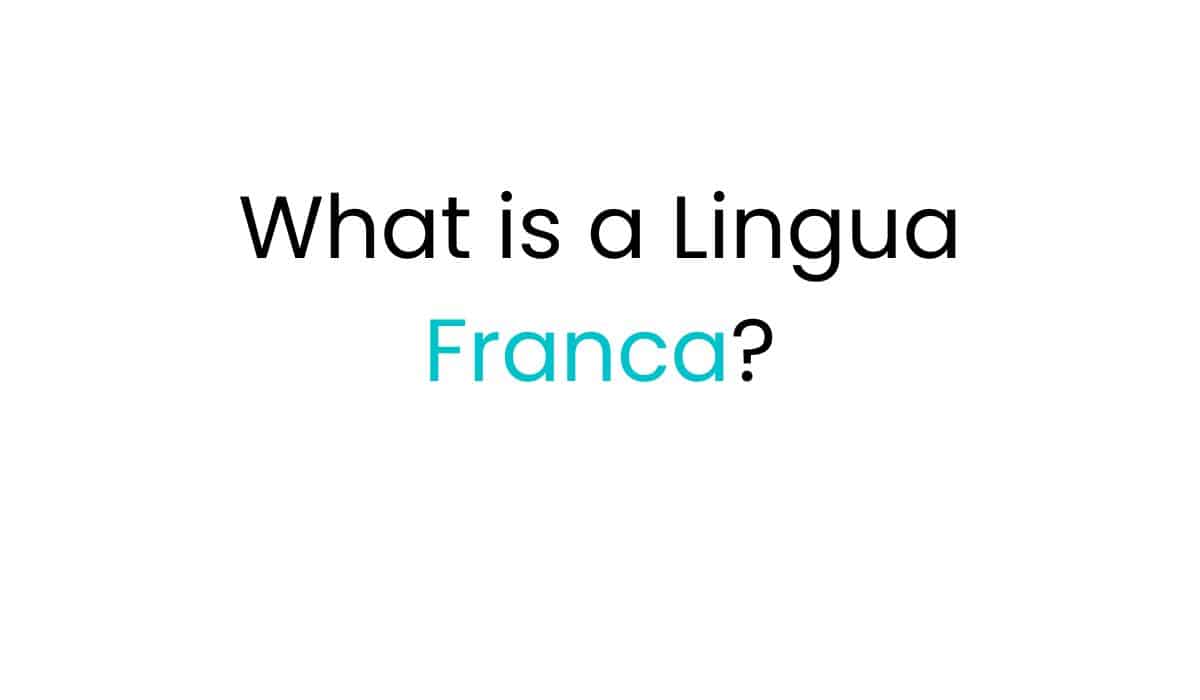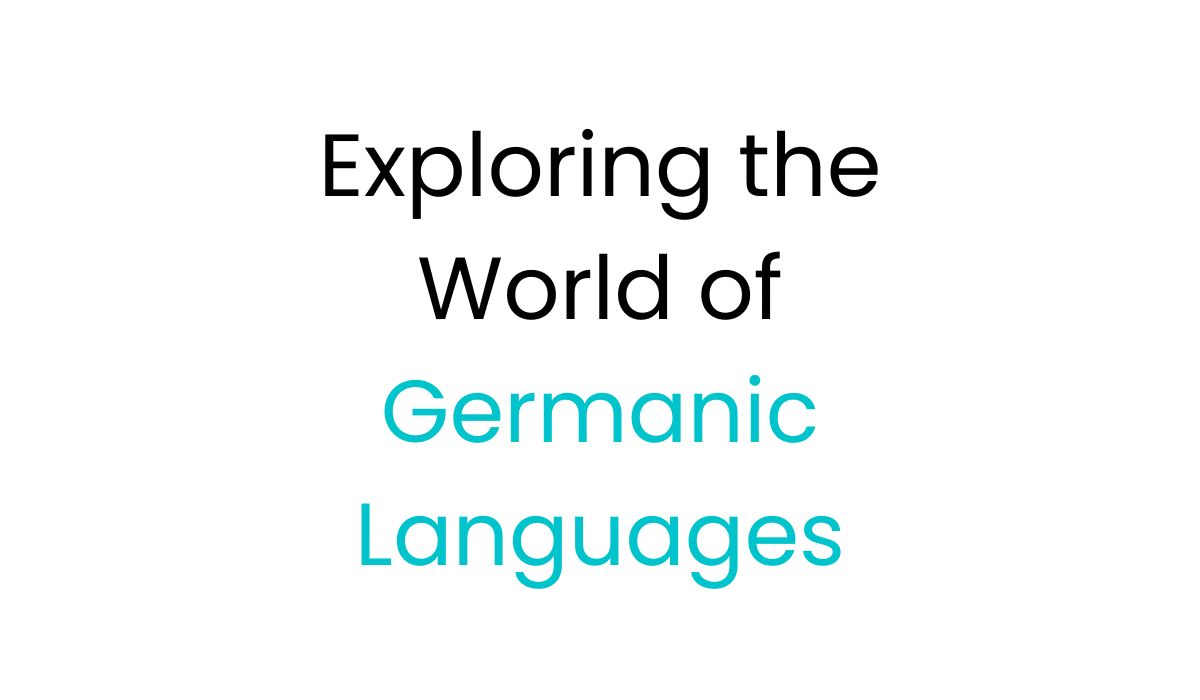Arabic is a language spoken by over 422 million people worldwide. It is the official language in 22 countries and one of the six languages of the United Nations. This language has a deep history and cultural importance that goes back centuries.
Key Takeaways:
- Arabic is the 5th most widely spoken language worldwide.
- It is the official language in 22 countries.
- Arabic has three forms: Classical Arabic, Modern Standard Arabic (MSA), and various Arabic dialects.
- Arabic is one of the six official languages of the United Nations.
- Key Takeaways:
- Why Learn Arabic Dialects for Travel?
- Arabic Dialects vs. Modern Standard Arabic
- Benefits of Learning Arabic Dialects
- Travel Resources for Learning Arabic Dialects
- What is the Arabic language?
- How many people speak Arabic?
- What are the different forms of Arabic?
- Is Arabic related to other languages?
- How can I learn Arabic?
- Should I learn a specific Arabic dialect?
- How can I immerse myself in the Arabic language?
- Is learning Arabic difficult?
- What are the benefits of learning Arabic?
Basic Facts About the Arabic Language
Arabic is a language spoken by millions around the world. It has a deep history and is very important culturally. Here are some key facts about Arabic:
- Arabic is the main language for 422 million people, making it one of the most spoken languages globally.
- It is the official language in 22 countries, like Morocco, Egypt and Saudi Arabia. It’s also one of the six official languages of the United Nations.
- Arabic is not just for talking; it’s also a written language. It has its own script, the Arabic alphabet, which is written from right to left.
- Arabic is also the holy language of Islam. It’s used for religious reasons all over the Muslim world. The Quran, Islam’s holy book, is written in Arabic.
With so many Arabic speakers and its official status in many countries, learning Arabic can open new doors. It helps with cultural understanding too.
Dialects and Varieties of Arabic
The Arabic language has three main forms: Classical Arabic, Modern Standard Arabic (MSA), and Arabic dialects. Each has its own unique traits and places where it is used.
Classical Arabic is the literary form of Arabic and holds deep historical value as the language of the Quran. It’s used in religious, academic, and formal situations. Even though it may sound different from spoken dialects, it’s key to understanding Arabic fully.
Modern Standard Arabic (MSA) is a modern form of written Arabic used in many parts of the Arab world. It’s the language of news, literature, and official speeches. MSA helps speakers of different dialects communicate with each other.
Arabic dialects are the spoken forms of Arabic across regions. They have their own sounds, words, and grammar rules. People use them in daily talks, casual gatherings, and local media. Well-known dialects include Egyptian, Syrian, and Moroccan, each showing the rich culture and language diversity of the Arab world.
Arabic dialects can vary a lot, sometimes making it hard for speakers from different areas to understand each other. But, people from different dialect areas can usually talk using Modern Standard Arabic.
| Form of Arabic | Usage | Features |
|---|---|---|
| Classical Arabic | Religious, academic, and formal settings | Literary language, historical significance |
| Modern Standard Arabic (MSA) | Written materials, media, and formal contexts | Contemporary form, serves as a standard means of communication |
| Arabic dialects | Everyday conversations, informal settings, local media | Regional variations, cultural and linguistic diversity |
Language Family and History of Arabic
The Arabic language is part of the Semitic language family. This family includes languages mainly spoken in the Middle East and North Africa. Semitic languages share a common root and structure. Hebrew, Aramaic, and Phoenician are close relatives of Arabic. Arabic has a long history that goes back thousands of years.
Arabic’s roots go back to the 1st century BCE, with early written evidence from ancient inscriptions. But it really took off with Islam in the 7th century CE. Then, it became the language of the Quran, Islam’s holy book. This made Arabic key to shaping Arab identity and culture.
Old Arabic, or Classical Arabic, was the language of the pre-Islamic and early Islamic times. It was known for its grammar, poetry, and detailed structure. Old Arabic was crucial for scientific, literary, and philosophical growth during Islam’s Golden Age.
Arabic has changed and taken on new influences over time. It picked up words and ideas from different cultures as Arab traders, scholars, and conquerors moved around. This led to many dialects and varieties of Arabic.
| Period | Description |
|---|---|
| Pre-Islamic Era | Arabic spoken before the 7th century CE, known for tribal dialects and rich oral poetry. |
| Early Islamic Era | Language during Islam’s rise and spread, influenced by the Quran and developing a standard written form. |
| Middle Ages | Arabic’s golden age, with big leaps in literature, science, and philosophy, and the start of regional dialects. |
| Modern Era | Today’s Arabic, with more dialects shaped by social, political, and tech changes. |
Arabic’s impact reaches beyond the Arab world today, with millions learning it for religious, cultural, or professional reasons. Knowing Arabic’s history and evolution gives us deep insights into the Semitic language family and the varied societies it has touched over time.
Learning Arabic – Tips and Resources
To start learning Arabic, it’s important to know the basics. Begin with the Arabic alphabet and basic grammar. Speak Arabic as much as you can to get better at talking.
Here are some tips and resources to help you learn Arabic:
- Language Partners and Language Exchanges: Find native Arabic speakers or other learners to practice with. Use platforms like Tandem and HelloTalk to find language partners.
- Immersive Experiences: Dive into Arabic by traveling or attending cultural events. Being around native speakers will give you more chances to practice.
- Arabic Movies and TV Shows: Watch Arabic shows with English subtitles. This helps you get used to the language and improve your listening.
- Reading Arabic News Articles and Books: Start with easy texts and move to harder ones. Websites like ArabiCorpus and Project Gutenberg have lots of Arabic books and articles.
- Arabic Language Learning Apps: Use apps like Mondly, iTalki, and Duolingo. They have lessons, exercises, and teachers to help you with vocabulary and grammar.
- Learn Moroccan Arabic with Lingualid: this is our course designed to teach people Moroccan Arabic Darija, check it out here.
Remember, learning a language takes time and effort. Set aside time each day to practice reading, writing, listening, and speaking Arabic. Mix up your learning methods to keep it fun and interesting.
| Resource | Description |
|---|---|
| Mondly | A language learning app that offers Arabic courses with a focus on practical conversational skills. |
| iTalki | An online language learning platform connecting Arabic learners with native-speaking tutors for personalized lessons. |
| Tandem | A language exchange platform where you can find language partners to practice Arabic conversation. |
| HelloTalk | A language exchange app that allows you to connect with native Arabic speakers for language practice. |
| Moroccan Arabic with Lingualid | A digital library offering free access to Moroccan Arabic lessons. |
| Duolingo | A popular language learning app with Arabic courses that focus on vocabulary and grammar practice. |
Arabic Dialects and Travel
Planning to visit Arabic-speaking countries? Learning the local dialects can make your trip better and help you talk with locals. Modern Standard Arabic (MSA) is good to know, but it might not cover all the dialects you’ll find.
Related: The World of Arabic Dialects
Why Learn Arabic Dialects for Travel?
Learning the Arabic dialects of the area you’re visiting makes your trip more immersive and culturally rich. It lets you connect with people on a deeper level and shows respect for their language and culture.
Arabic Dialects vs. Modern Standard Arabic
Modern Standard Arabic (MSA) is the formal written language and is understood across the Arab world. It’s taught in schools and used in official settings like media, literature, and speeches. But, in everyday talk, people use their local dialects.
Benefits of Learning Arabic Dialects
Learning local dialects improves how you communicate with native speakers. It helps you share your thoughts, understand answers, and make connections.
It also gives you a deeper understanding of the culture, customs, and traditions of each country.
Knowing dialects makes social situations easier. Whether you’re bargaining at a market or chatting casually, it helps you fit in and connect with the community.
Travel Resources for Learning Arabic Dialects
There are many online and offline resources to learn Arabic dialects for travel. These include:
- Language Courses: Sign up for courses focused on the region you’re visiting. Choose classes with instructors who speak the dialect.
- Language Apps: Use apps that offer dialect-specific content, like phrases, vocabulary, and how to say things correctly.
- Local Language Exchanges: Meet native speakers through language exchange platforms or social media groups to practice speaking and learn directly from them.
- Online Tutorials and Videos: Look for online tutorials and videos that teach specific dialects. They often include cultural insights too.
Keep in Mind
Learning Arabic dialects takes time and practice. Start with basic greetings and everyday phrases, and add to your vocabulary slowly. Don’t worry about making mistakes; locals will appreciate your effort to learn their dialect.
So, if you’re planning to visit Arabic-speaking countries, think about learning the local dialects. It will make your trip better and help you connect with the people you meet.

Immersion and Persistence in Learning Arabic
Diving deep into the Arabic language can speed up your learning and deepen your cultural understanding. It means being surrounded by the language in different situations. This lets you talk with native speakers, practice, and get fluent naturally. Being immersed in Arabic helps you understand and speak the language better.
There are many ways to immerse yourself in Arabic, based on what you can do and what you have. One great way is to visit an Arabic-speaking country. There, you’ll hear Arabic everywhere, from street signs to menus. Talking with locals and dealing with everyday situations will boost your language skills fast.
Related post: Top reasons to learn Arabic
You can also immerse yourself in Arabic at home. Make time to talk Arabic with a language partner or tutor. Talk about different topics and listen to how they speak. Make sure to speak Arabic every day, not just during study times.
Reading Arabic books, watching Arabic shows, and listening to Arabic music are also good ways to get into the language. Start with easy texts or books for kids, then move to harder ones as you get better. Watch movies or TV shows with subtitles, then try watching without them as you get better.
Listening to Arabic music and following the lyrics can also help. It makes listening and understanding better.
Staying with it is crucial when learning Arabic, which can be tough. But the benefits are huge. Keep focused on your goals and stay motivated. Find support from friends, language exchange partners, or Arabic classes. Celebrate your wins to keep going.
Learning a language is a long-term effort, not a quick race. Being consistent and persistent is key to getting fluent. Embrace the challenges and celebrate your progress. With dedication to Arabic and sticking with your learning, you can connect with people all over the world.
Conclusion
Learning Arabic opens doors to a rich cultural and linguistic world. By immersing yourself in the language, practicing regularly, and using various resources and tools, you can achieve your goal of learning Arabic. The benefits of learning Arabic are many.
Firstly, learning Arabic lets you connect with over 420 million people worldwide who speak this beautiful language. This opens up opportunities for travel, work, and friendships in the Arab world and beyond. Plus, Arabic is one of the official languages of the United Nations, making it a valuable skill in international relations and diplomacy.
Furthermore, learning Arabic gives you access to a treasure trove of literature, poetry, and history. From classical Arabic texts to contemporary Arabic literature, exploring these works lets you dive into the rich intellectual and cultural heritage of the Arab world. Understanding Arabic also boosts your appreciation of Islamic traditions and religious texts.
In conclusion, learning Arabic is a journey that offers immense personal and professional benefits. It broadens your horizons, fosters cross-cultural understanding, and enables you to communicate with millions of people worldwide. Whether for travel, academic pursuits, or personal interest, starting to learn Arabic will undoubtedly enrich your life.
FAQ
What is the Arabic language?
Arabic is the 5th most spoken language globally, with 422 million speakers. It’s official in 22 countries and one of the UN’s six languages.
How many people speak Arabic?
420 million people speak Arabic as their first language. Another 1.7 billion Muslims use it for the Quran. It’s official in 22 countries.
What are the different forms of Arabic?
Arabic has three main forms: Classical Arabic, Modern Standard Arabic (MSA), and dialects. Classical Arabic is for literature and the Quran. MSA is for books and formal talks. Dialects are for daily use and vary by region.
Is Arabic related to other languages?
Yes, Arabic is a Semitic language, linked to Hebrew, Aramaic, and Phoenician.
How can I learn Arabic?
Start with the basics like the Arabic alphabet and grammar. Speak Arabic often. Find a language partner or join a language exchange.
Watch Arabic movies and TV, read news and books, and listen to music. Use online resources and apps like Mondly and iTalki.
Should I learn a specific Arabic dialect?
Learning a dialect for a specific region you’ll visit is good. But Modern Standard Arabic (MSA) is useful everywhere in the Arab world.
How can I immerse myself in the Arabic language?
Immersion is key. Speak Arabic often, read texts, watch media, and listen to music.
Is learning Arabic difficult?
Arabic can be tough but worth it. Keep going in your learning journey and don’t quit.
What are the benefits of learning Arabic?
Learning Arabic opens up a rich cultural and linguistic world. It deepens your understanding of the Arab world and its people, for travel, studies, or interest.
Oualid Cheddadi is the founder of Lingualid, a platform that inspires independent language learners worldwide, regardless of the language they are learning. The name “Lingualid” is derived from the Portuguese word for “language,” “língua,” and the last three letters of Oualid’s name, “Lid.”



